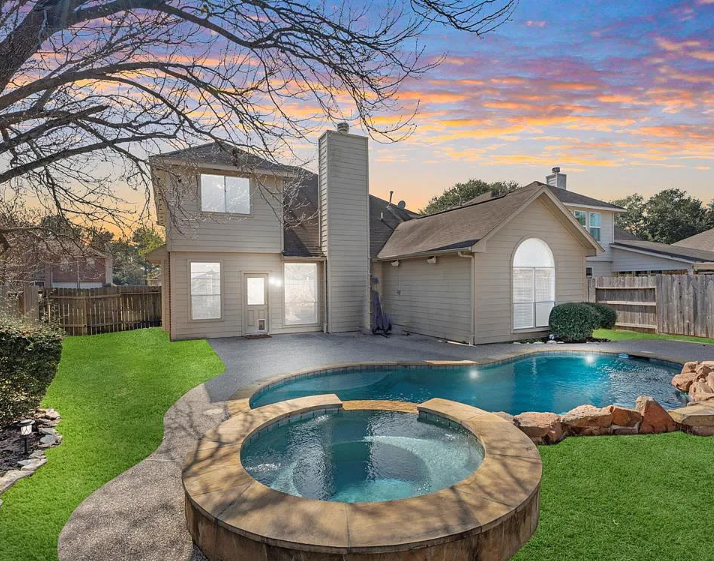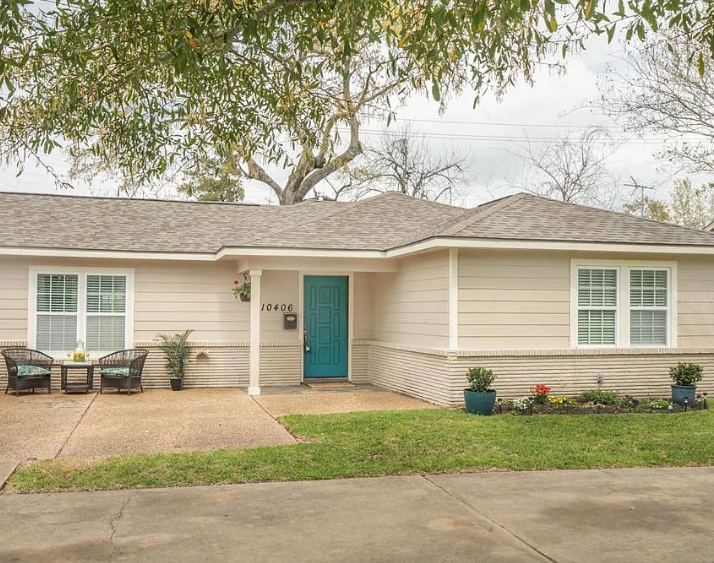Introduction: Smart homes are no longer a futuristic concept; they’re a reality in 2023. The integration of technology into homes is not only convenient but also adds value to your property. In this blog post, we’ll explore some of the smart home upgrades that can enhance your home’s appeal and functionality in today’s real estate market.
1. A Smart Start at the Entryway:
- Begin with a smart doorbell and lock. Video doorbells with two-way audio allow you to see and communicate with visitors remotely. Smart locks provide keyless entry and allow you to grant access from your smartphone.
2. Energy Efficiency with Smart Thermostats:
- Install a smart thermostat that learns your heating and cooling preferences. It can adjust the temperature based on your schedule, saving energy and money in the long run.
3. Illuminating Smart Lighting:
- Replace traditional bulbs with smart LED lighting. These bulbs can be controlled remotely, set on schedules, and even change colors to match your mood or decor.
4. Voice-Activated Assistants:
- Incorporate voice-activated assistants like Amazon Alexa or Google Assistant. They can control lights, thermostats, and even play music or provide information.
5. Home Security with Smart Cameras:
- Enhance security with smart cameras. These devices offer real-time monitoring and can send alerts to your phone if any suspicious activity is detected.
6. Smart Appliances in the Kitchen:
- Consider smart kitchen appliances such as refrigerators with touchscreens and cameras inside, ovens that can be preheated remotely, and dishwashers that notify you when a cycle is complete.
7. Entertainment Hub:
- Create an entertainment hub with a smart TV and streaming devices. Control your entire entertainment system with a single remote or your smartphone.
8. Efficient Irrigation with Smart Sprinklers:
- Optimize your yard with smart sprinklers that adjust watering schedules based on weather forecasts and soil conditions, saving water and promoting a healthy lawn.
9. Motorized Window Treatments:
- Motorized blinds or shades can be controlled remotely or set on timers. They offer privacy and energy efficiency while adding a touch of luxury.
10. Smart Home Security System: – Invest in a comprehensive smart home security system that includes door/window sensors, motion detectors, and a central control hub. Many systems can be monitored remotely.
11. Wellness and Health Tech: – Health-conscious buyers appreciate wellness tech like air purifiers, water filtration systems, and smart scales that sync with health apps.
12. Outdoor Automation: – Extend smart technology to your outdoor spaces with features like automated garden irrigation, outdoor speakers, and smart grills for the perfect barbecue.
Conclusion: Smart home upgrades are not just a trend; they’re a valuable investment. These technologies not only make your life more convenient but also increase the appeal and value of your property. Whether you’re looking to sell or simply enjoy your home to the fullest, consider integrating smart home features in 2023.

